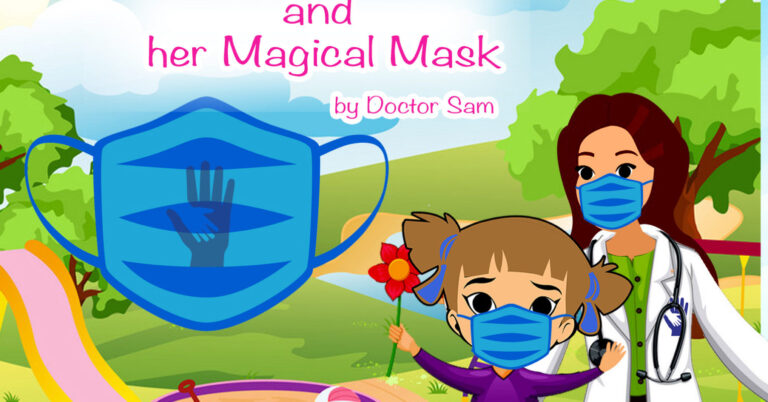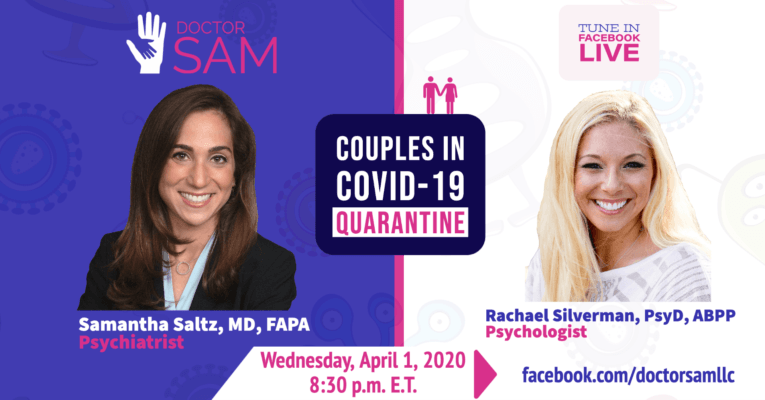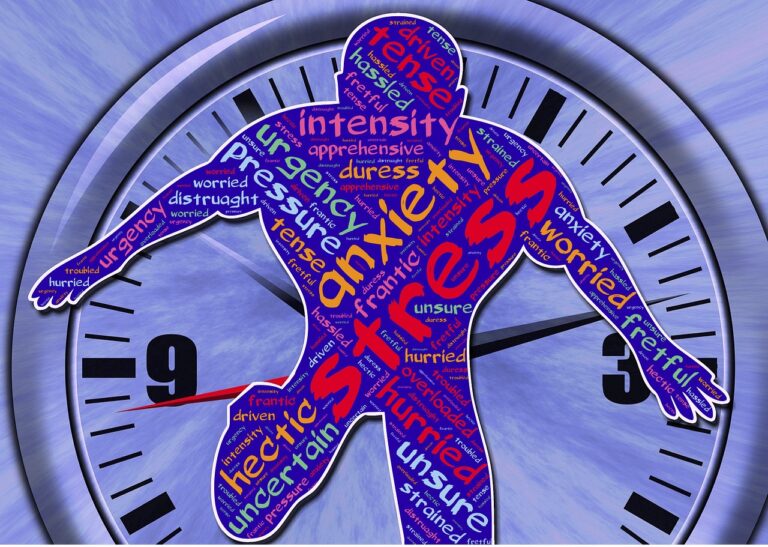Too often people use words like never, forever, always and impossible. These words can be harmful and are often related to all-or-none (and sometimes catastrophic) thinking.
Extreme and catastrophic thinking may be related to poor physical conditions and social experiences. For example, a 2015 study assessed catastrophic thinking in patients with distal radial fractures and found that such thinking was associated with less finger range of motion when it came time for sutures to be removed. There, the patient’s negative mindset had physical sequelae.1
Ultimately, assuming the worst and using words of doom and gloom, can cause performance to suffer.
How can we avoid catastrophic thinking? The first step is recognizing when your words overgeneralize situations and assume extremes. Some words to watch out for are “always”, “forever”, “never” and “impossible.” The probability of a dire outcome is often not so certain but a negative mindset can derail progress and lead to a self-fulfilling prophecy.
If you recognize yourself thinking or speaking in extremes, question your word choice and the validity behind your all-or-nothing assumptions. The majority of the time there is no validity to the assumption.
There are social, emotional and physical benefits when you avoid thinking in negative extremes. Cognitive behavioral therapy (CBT) is a type of cognitive restructuring therapy that can help to reframe thoughts. For individuals who suffer from extreme negative thoughts, I encourage further research on CBT.
- Teunis, T. (2015). Catastrophic thinking is associated with finger stiffness after distal radius fracture surgery. Journal of Orthopaedic Trauma,29(10), E414-E420.












